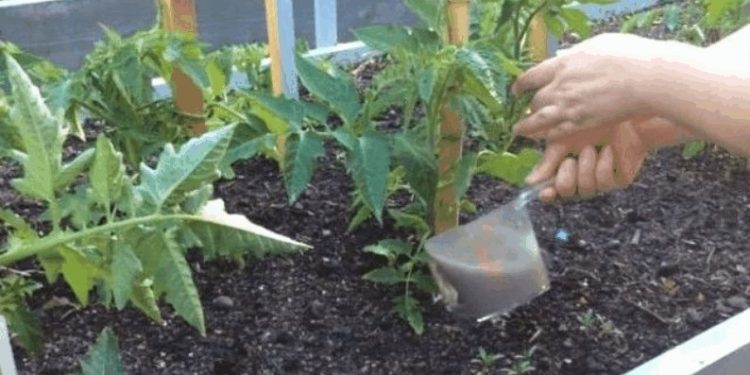#GreenhouseSustainability #ReclaimedWaterFertilizer #ClosedLoopIrrigation #AgriculturalInnovation
In the pursuit of sustainable agriculture, greenhouse growers face the critical challenge of optimizing their crop cultivation practices. One key aspect is the delicate balance between environmental conditions and inputs, particularly water-soluble fertilizers. The right combination of suitable fertilizers and a consistent water supply is essential for achieving robust and healthy crops. This requirement holds true across all varieties of crops grown within a greenhouse setting.
One of the most pressing concerns in modern horticulture is the judicious use of irrigation water. The depletion of freshwater resources, coupled with evolving agricultural water regulations, has compelled greenhouse cultivators to seek innovative solutions. One such solution gaining prominence is the adoption of reclaimed irrigation water. This approach involves capturing and recycling the nutrient-rich runoff solution within the same cultivation system, forming what is commonly known as a closed-loop system.
Reclaimed irrigation water carries with it both benefits and challenges. On the positive side, recycling runoff water can significantly curtail freshwater consumption, easing the strain on local water sources. However, the reclaimed water also brings with it nutrients that were leached from the growing substrate, as well as remnants of plant pathogens and residual agrochemicals. Over time, these components can accumulate in imbalanced proportions, affecting the availability of essential ions for plant growth.
Furthermore, the presence of plant pathogen spores in reclaimed water poses a considerable risk. These spores can spread rapidly from one plant to another, endangering the health of the entire crop. Additionally, depending on the cultivation techniques and practices, varying levels of agrochemicals may find their way into the recirculated runoff water. This introduces an additional layer of complexity to the situation.
The transition to a reclaimed irrigation water system requires careful consideration of these factors. The potential consequences of implementing such a system are multifaceted. On the positive side, it offers a more sustainable approach to water usage, aligning with environmental conservation goals. It can lead to decreased reliance on freshwater resources, making it an appealing choice for regions facing water scarcity.
However, the challenges should not be underestimated. Effective management of nutrient levels becomes paramount to prevent imbalances that could hinder plant growth and yield. Additionally, stringent pathogen control measures must be put in place to prevent the spread of diseases. To ensure the safety of crops and the efficiency of the cultivation process, constant monitoring and adjustment of the reclaimed irrigation system are essential.
The use of reclaimed irrigation water in conjunction with water-soluble fertilizers represents a significant step towards sustainable greenhouse cultivation. This approach can mitigate the strain on freshwater resources and align with eco-friendly practices. However, it requires meticulous management to address the challenges associated with nutrient imbalances, pathogen spread, and the potential presence of agrochemicals. By striking the right balance, greenhouse cultivators can reap the rewards of environmentally conscious farming.











